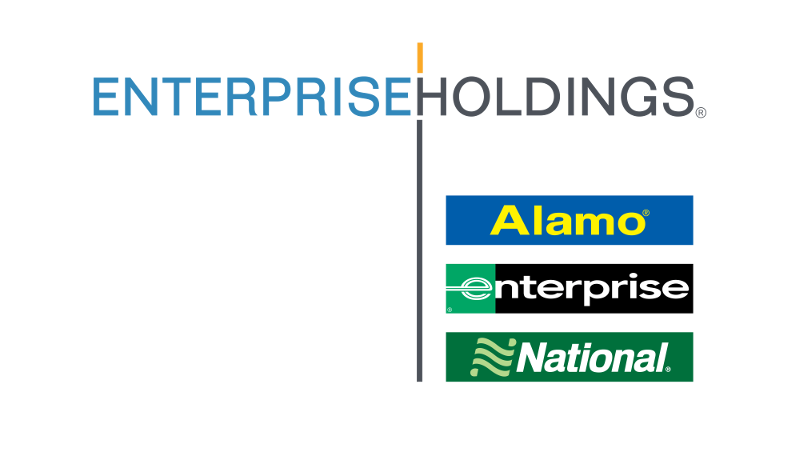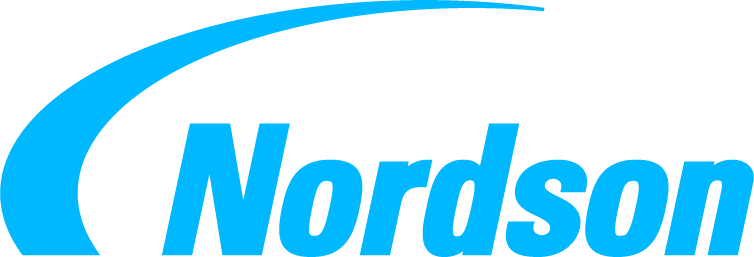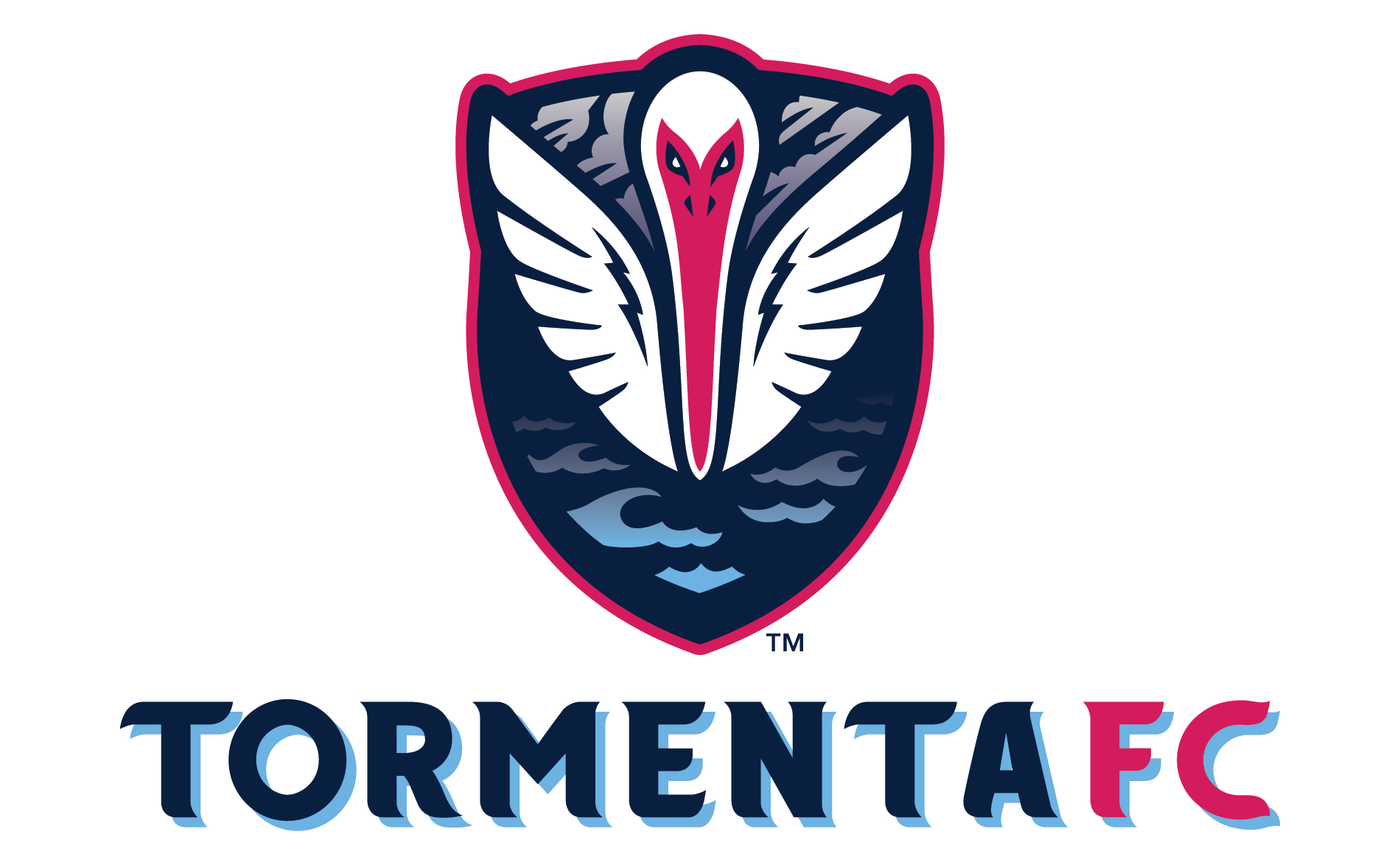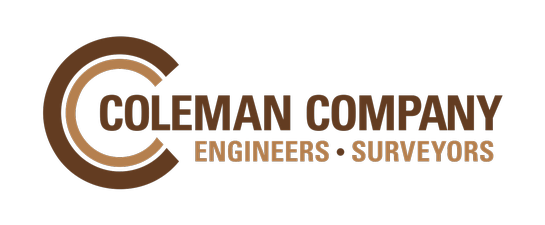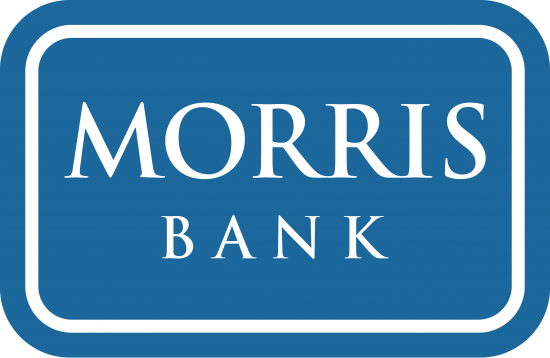Grab-and-Go Career Development Content
Career development conversations happen all across campus, and can be led by more than just the Office of Career and Professional Development (OCPD) staff. We know that faculty and staff serve as go-to resources for students for a variety of needs, including career-related questions. We’ve created career resources full of content for you to use. We welcome you to select any pieces you need and customize these materials to fit your goals. You may choose to use a full module, or just pick up a new worksheet or short video to integrate into the work you are already doing. If you need an editable version of a pdf, please contact us and we are happy to share.
In these modules you will find:
- a lesson plan guide if you would like to dedicate a full class session or meeting to a topic,
- an editable PowerPoint with suggested speaker’s notes and built-in activities,
- handouts, worksheets and activities guides,
- a variety of assignment ideas, and
- supplemental resources such as short videos created by the OCPD, TED talks, and videos and articles from external resources curated by our staff.
New modules are consistently under development. If you have suggestions or would like to brainstorm creating lessons, activities, and assignments for your class or group, please contact us. Faculty can reach out to their Career & Internship Advisor. As always, our staff is happy to lead a workshop with your students as well, simply fill out a Presentation Request.
Content by Topic
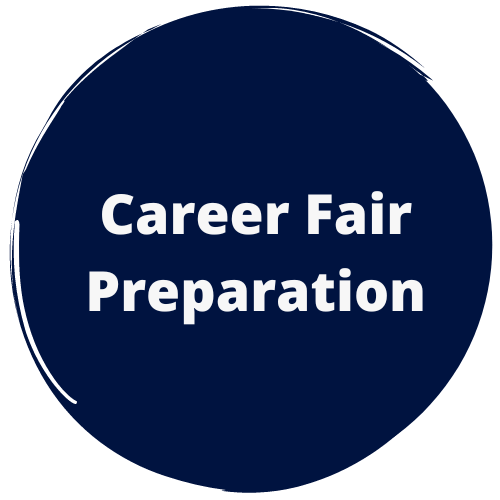
Career Fairs are one of the best ways to network with employers and to learn more about internship and job opportunities. The Office of Career and Professional Development coordinates a variety of career fairs throughout the year. The STEM Fair and the Eagle Expo Fair are our two largest events held each fall and spring semester. These events allow students to introduce themselves to recruiters, share their résumé, and learn more about the company and the jobs available.
This topic includes steps students need to take to prepare for the career fair so that they can present themselves to employers in a professional manner.
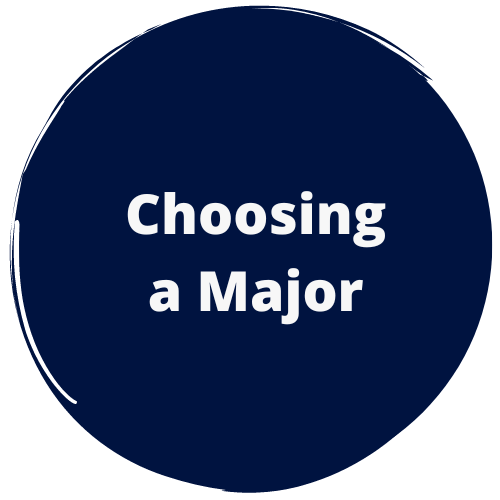
Choosing a Major. Career decision-making is a life-long process and begins with choosing a major. Nearly one-third of students enter college as undecided, and of those who enter with a major, 60-70% change majors at least once. It is best to explore majors to make an informed decision about your major. Most people change careers 5-7 times during their work life.
This topic includes steps that students can take to assist them in choosing a career that fits their interests, skills, and values.
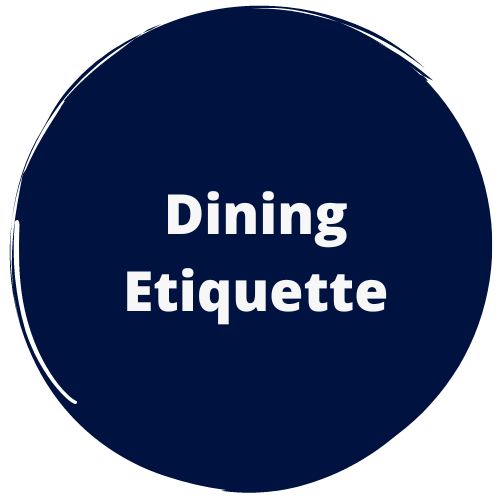
Dining Etiquette. Learning appropriate dining etiquette is essential to mastering the professional business environment. Many times, as part of the interview process, an employer may bring a candidate to lunch or dinner in a restaurant. Once getting the position, there may be situations such as conferences where a formal meal may be served.
This topic includes tips for navigating professional dining situations and tricks for making the most of the experience.
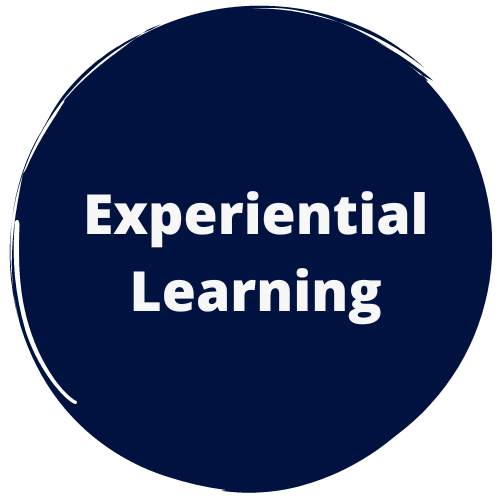
Experiential Learning. Employers expect that students acquire at least one year of relevant experience prior to graduating. There are many different ways to gain experience including internships, co-ops, job shadowing, service-learning, research, and study abroad.
This topic includes information about the importance of getting experience, ways to acquire experiences, and how to locate internship and co-op opportunities through the OCPD.
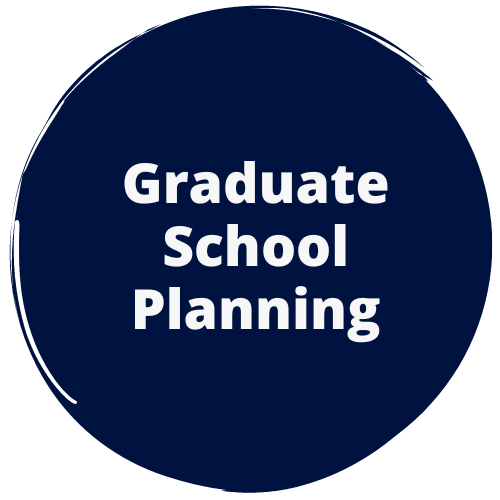
Graduate School. Job searching may not be a student’s immediate next step. Graduate school is an opportunity to prepare for a specific profession, advance in a current career field, or explore advanced learning for self-enhancement. Many students attend graduate school at the completion of their undergraduate degree and the OCPD is here to help prepare.
This module will focus on the graduate school timeline and application process. Like job searching, students must start preparing for graduate school early!
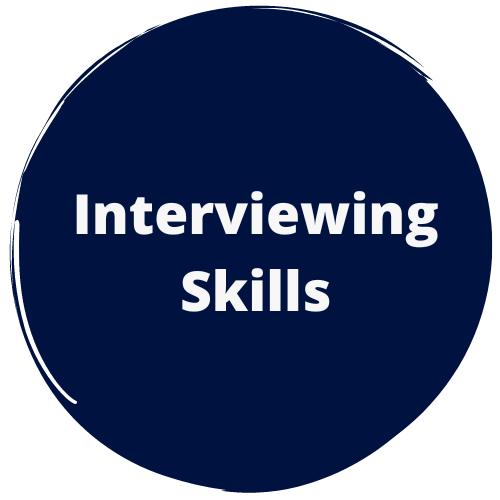
Interviewing Skills. The interview is one of the most important steps in a successful job search process. Preparation is key to acing the interview. Interviewing is a chance to assess fit with the company and position, and for the employer to assess a match with the position and their organization.
This topic provides tips and strategies for effective interviewing from preparation through delivery.
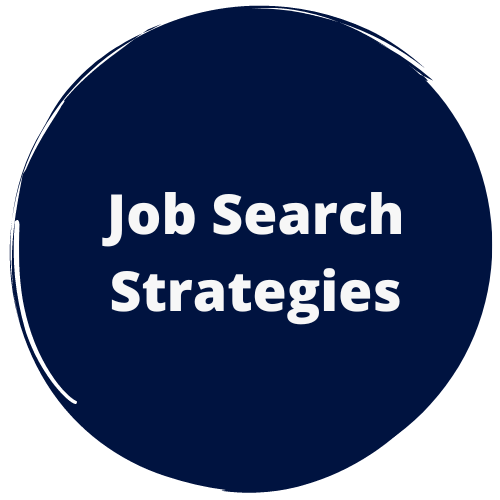
Job Search Strategies. Finding a job can be a challenge, but is made easier by preparing well and taking the right steps to find opportunities. It’s important to not wait until the week of graduation to begin searching! Start early and search often to increase the chances of having a job after graduation.
This topic includes overviews of two resources that can assist with the job search: Handshake and CareerShift, along with a discussion about how to effectively utilize LinkedIn for your job search.

LinkedIn is a professional social media networking site used by over 600 million people globally to help connect professionals and organizations. This has quickly become one of the best methods to find jobs and network with other professionals within all types of career fields.
This topic provides tips and strategies to develop a professional profile and utilize all the tools LinkedIn has to offer.
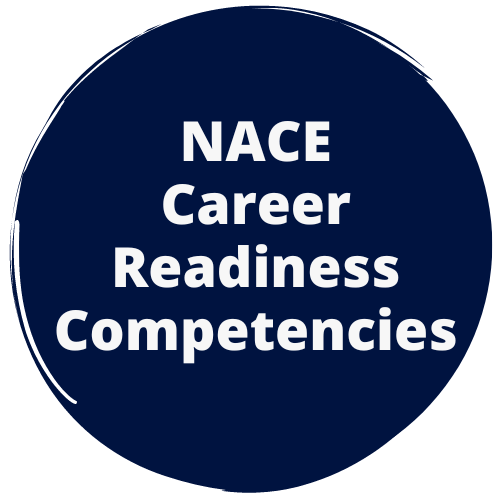
NACE Career Readiness Competencies. For new college graduates, career readiness is key to ensuring successful entrance into the workforce. Career readiness is the foundation upon which a successful career is launched. Career readiness is, quite simply, the new career currency (National Association of Colleges and Employers (NACE, 2022). NACE has identified eight core competencies. Visit the Office of Career and Professional Development’s website to learn more about these competencies and strategies to develop them.
This topic will provide students with tips and strategies for identifying and developing these career competencies.
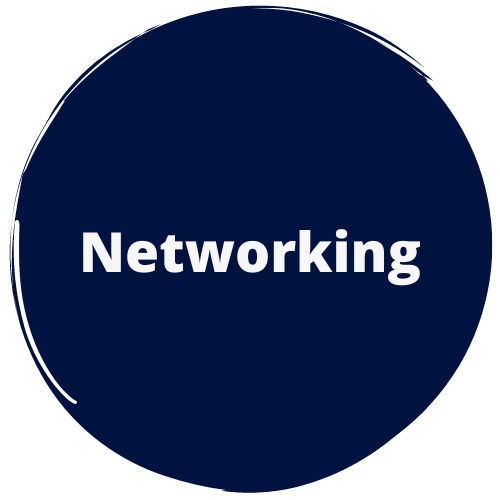
Networking. What does it really mean to network? It’s building connections and relationships with other people, especially those within a chosen career field. When an individual is genuine and shows all of the qualities of being a professional, networking is the next step to building the connections and conversations that will lead to job offers. Platforms such as Handshake and LinkedIn allow professionals to network virtually, as well.
This topic includes how students can identify their own networks and strategies for how to build their networks with professionals in their respective career fields.
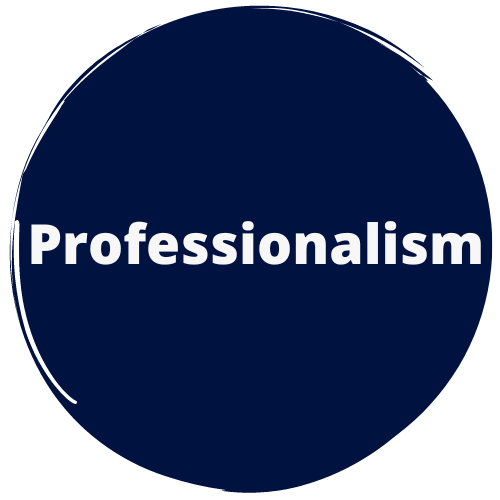
Professionalism according to Candid Career is the skill, good judgment, and polite behavior that is expected from a person who is trained to do a job well. It is important to be respectful of others in the workplace and to be considered a reliable individual in order to show professionalism.
This topic provides an overview of professionalism and best practices for professional dress, etiquette, and communication that is common in the workplace.
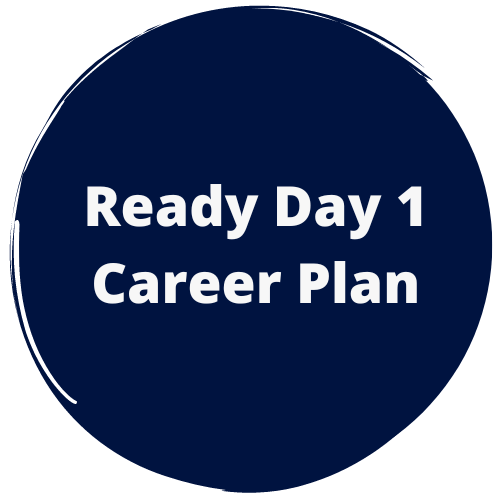
Ready Day 1 Career Plan. The Office of Career and Professional Development provides a variety of services to assist students and alumni with reaching their career goals. Success begins with following our career plan, which serves as a guide throughout college. By following the recommendations, students will be prepared to successfully enter the workplace upon graduation.
This topic includes an overview of the Ready Day 1 Career Plan, how this guide connects with national career readiness competencies, and tips for following the plan to maximize success during and after the college experience.
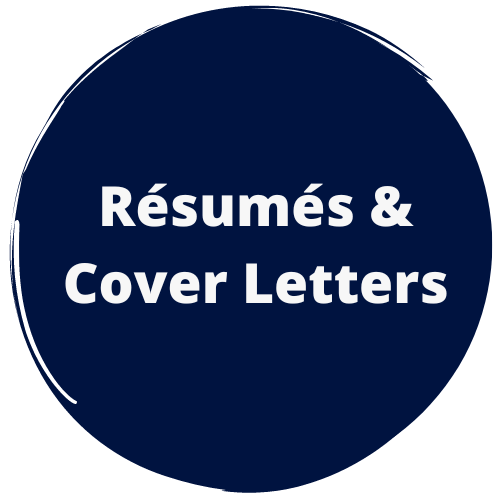
Résumés & Cover Letters. Résumés are designed to serve as a professional marketing tool for potential employers. Résumés highlight a person’s qualifications including education, experiences, and skills. It is imperative to spend time creating a quality document that positively and professionally stands out from other candidates who are applying for the same position.
This topic provides an overview of the components of a résumé and strategies to help make the document a strong marketing tool for the job search process.
Last updated: 4/4/2023



